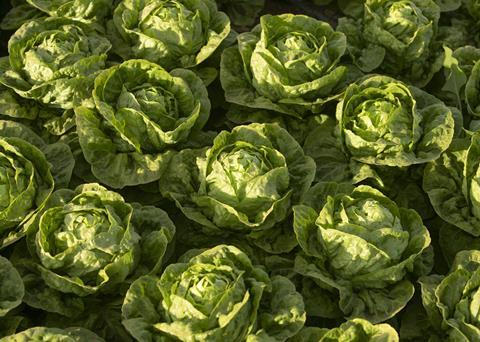Exports to exceed €16.6bn in a year marked by adverse weather, increased competition hyper-regulation
The value of Spanish exports of fresh fruits and vegetables is projected to reach between €16.6bn-€16.8bn in 2023, an increase of 5 per cent on 2022, according to Fepex. The volume of exports was expected to be below the 12m tonnes registered in 2022. Customs data up to October showed exports of 9m tonnes, a 6 per cent drop compared to the year-earlier period.

Fepex said the year had been marked by “adverse weather and especially drought, increasing competition from third countries and adaptation to the growing regulation of productive and commercial activity, at both national and EU level”.
Fepex said imports were set to continue the upward trend seen in recent years. By October, imports have increased by 8 per cent in volume and 19 per cent in value to 3.3m tonnes and €3.638bn.
The figures reflect Spain’s growing role as a port of entry for produce destined for the European market. “The continued growth of imports in the national market and also in the community market is precisely one of the facts that are marking the evolution of the fruit and vegetable sector,” Fepex said.
“In the European Union, imports from third countries to September 2023 grew 12 per cent compared to the same period of the previous year, totalling 13.907bn, driven by the regulatory divergence in labour, social, phytosanitary matters… existing between producers community and non-community, making the community model increasingly less competitive.”
Highlighting the drought and adverse weather that had aggravated the water shortage in the main producing areas during the past year, Fepex noted that the availability of water at an acceptable price constituted a determining variable for the future of production and exports.
Commenting on the findings, Mariano Zapata, president of Murcian produce association Proexport, said: “Murcia and the Spanish southeast need very little water to produce vegetables and fruits in relation to the total available in Spain”.
He repeated calls on the government to urgently reach an agreement to ensure the transfer of the Tajo-Segura river, as well as to secure other resources from groundwater, desalination or the reuse of regenerated water.
Proexport also highlighted the increasingly stringent regulatory landscape, which he said places an undue burden on producers by prioritising the control of farm management and the environment without taking into account the important economic contribution of fruit and vegetable production.
Zapata said the recent rise in the minimum wage was of particular concern, as it drives up labour costs in a sector in which labour can account for up to 45 per cent of production costs in some crops.
He also flagged up concerns about the steady reduction of phytosanitary products available to producers, which affects yields, quality and food safety.
Finally, regarding marketing, Fepex warned that the new requirement for produce to be sold loose at weights of less than 1.5kg is opposed by both producers and retailers “because it would make the differentiation strategy by origin and quality practically unviable and would multiply the waste in store”.



